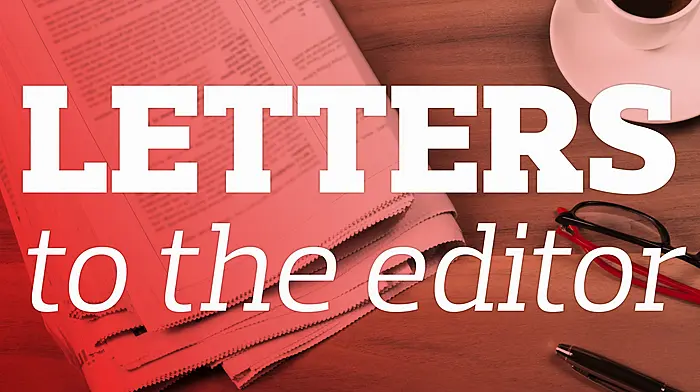THE head of An Garda Síóchána in the Cork West Division is pleading with people to continue adhering to Level 5 restrictions as lockdown fatigue appears to be setting in.
Chief Supt Con Cadogan made the plea after it was revealed that almost 400 fines have been issued by gardaí in the division since January, including several involving house parties.
‘The majority of people are adhering to the regulations and we only issue fines as a last resort,’ Chief Supt Cadogan told The Southern Star.
‘Naturally, people are getting tired of it, but we are in the final hurdle now and if you look at the Covid figures per 100,000 for Cork, we are way below the national average. That’s an indication of compliance.’
Of the three Cork divisions, Cork West (387) has the lowest number of fines issued, compared to 492 in Cork North West and 1,650 in Cork city, for figures up to March 18th. Local gardaí have fined people for a variety of offences, including breaches of the 5km limit, people coming from the city for hunting, and others travelling to beaches. There have also been a number of fines for house parties, in the Bandon and Kinsale areas.
Between 60% to 70% of the fines are being paid because people don’t want to be seen in court and associated with that type of behaviour.
Chief Supt Cadogan was also keen to stress that they are doing random checkpoints on many backroads and other access routes, including Crossbarry, after it was reported that people were avoiding the checkpoints on the main routes.
‘We’re doing short sharp checkpoints and we need to think ahead, too, as criminals could also be using these routes.’
With Easter approaching, Chief Supt Cadogan said that unlike last year, they have more powers to fine and stop people attempting to travel to holiday homes in West Cork.
Meanwhile, gardaí at one checkpoint in Innishannon village recently got a surprise when Laois motorist Angela Brickel told them she was delivering ‘bull semen’ to dairy farmers in the West Cork area.
Needless to say, she was let through, as she was providing an ‘essential service.’









